Maybe you have ADHD and feel isolated. Sometimes it helps to know some big names also manage the same condition.
The COVID-19 pandemic changed our routines and social lives. It also had a huge impact on the education system and how workplace productivity is achieved.
As schools, families, and teachers adjusted to distance learning and hybrid models, many conversations were had about accommodating for learning styles and needs. As many adults moved to remote work, Zoom meetings and kids’ echoing in other rooms at home changed how we focus and function.
For those with attention deficit hyperactivity disorder (ADHD), these discussions are particularly important.
ADHD is a neurodevelopmental disorder. It’s often diagnosed in children but affects people of all ages. Symptoms can include:
- inattention
- hyperactivity
- impulsivity
About
Stigma often surrounds ADHD. In fact,
Folks with ADHD may feel judged or stereotyped. In recent years, though, celebrities and other high-profile people have shared their personal experiences with ADHD. They’ve talked about everything from diagnosis and treatment choices to feelings of being different.
These conversations have helped many people, particularly young people, feel more comfortable and accepted.
We all like to know that we’re not alone. Plus, it can be comforting to see how others approach challenges and find their way in the world.
Here’s a look at some inspiring and talented people with ADHD who have thrived with their diagnosis.
Simone Biles
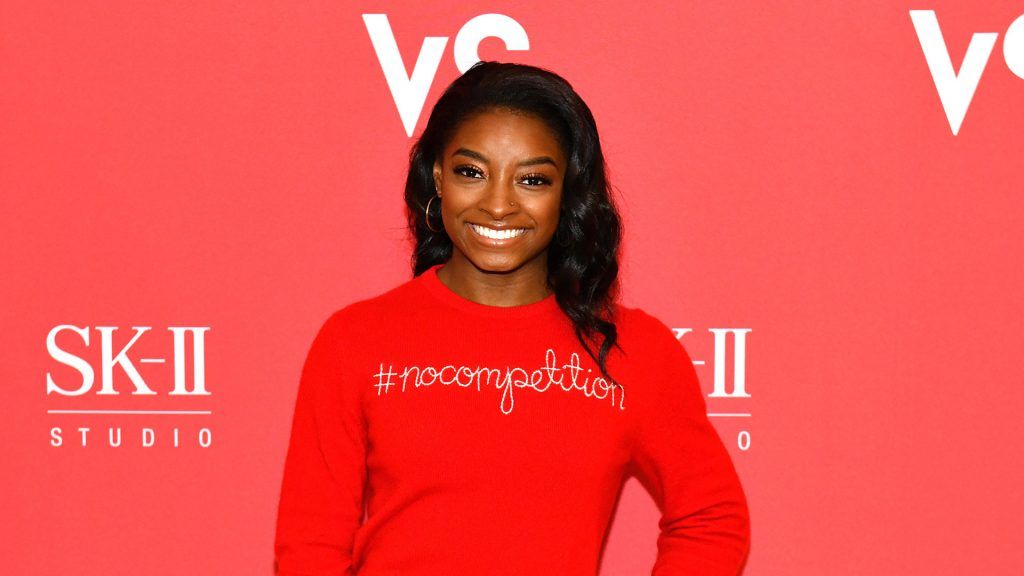
The most-decorated American gymnast in history has discussed taking ADHD medication.
James Carville
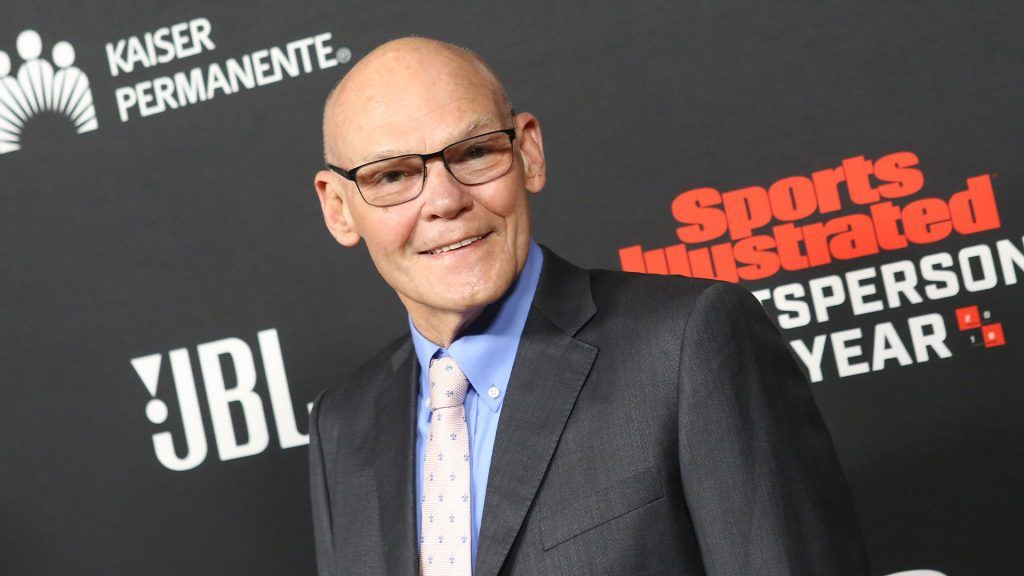
In a 2009 Attention Magazine interview, longtime political consultant James Carville explained that he received a diagnosis of late-onset ADHD, and found that the fast pace of politics was actually a good match for his abilities and “razor-sharp focus.”
Howie Mandel
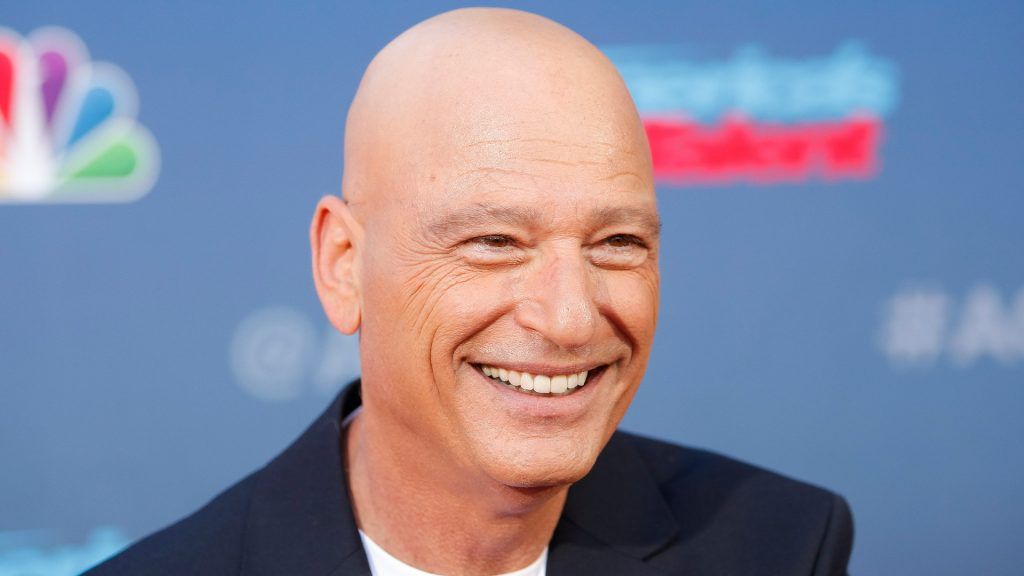
The comedian and actor is very open about discussing mental health issues. His book, “Here’s the Deal: Don’t Touch Me,” describes his experience with OCD, ADHD, and mysophobia (fear of germs).
Audra McDonald
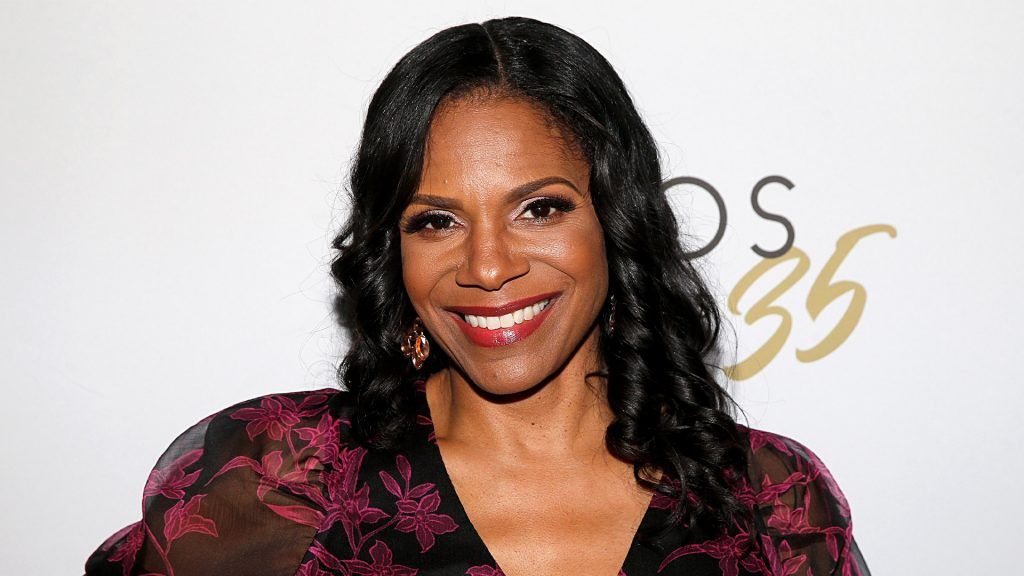
The Tony Award-winning singer and actress spoke in an acceptance speech about her parents’ decision not to medicate her ADHD, but rather “find out what she was into instead.” Her comments helped encourage more discussion of personal choices in the treatment of ADHD.
Henry Winkler
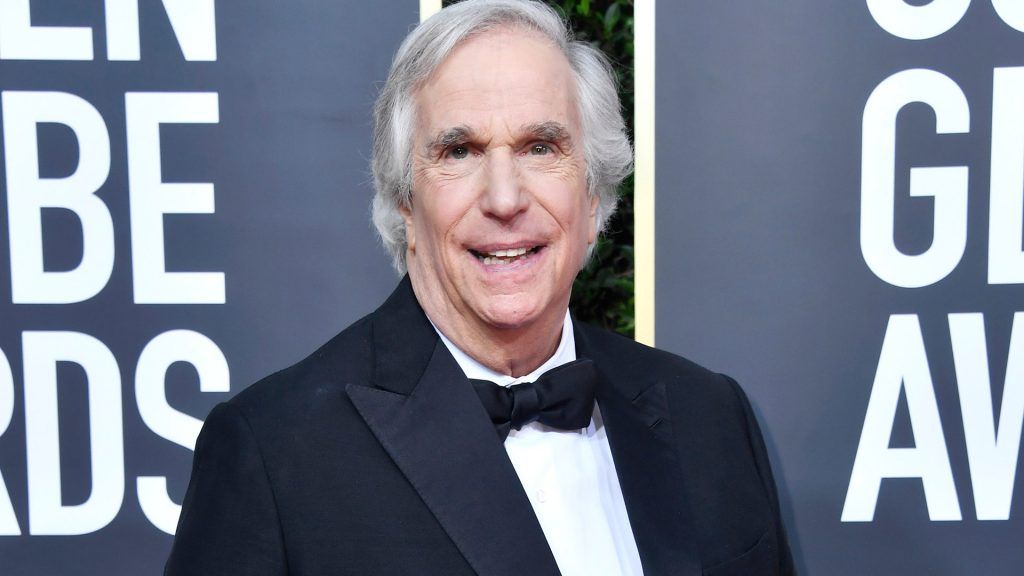
Known for many roles, notably “Happy Days,” “Arrested Development,” and recently “Barry,” Winkler has discussed his childhood diagnosis of ADHD and dyslexia.
He’s also written a children’s book series, “Hank Zipzer,” that’s based on his experiences growing up with these conditions.
Solange Knowles
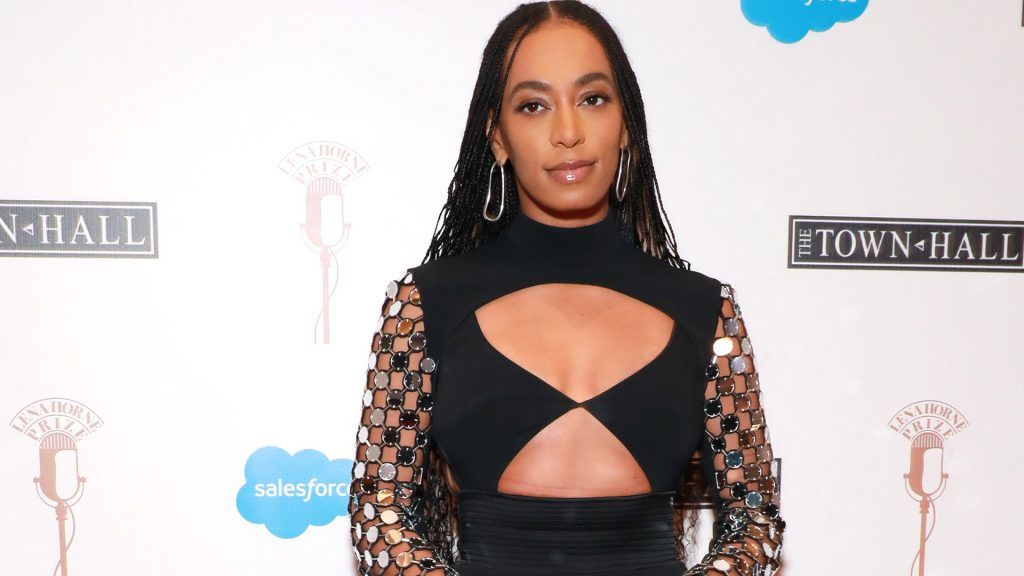
This singer and actress has been very honest about doubting her diagnosis when she first received it. However, she grew to learn more about ADHD, and encourages education on mental health matters.
Michael Phelps
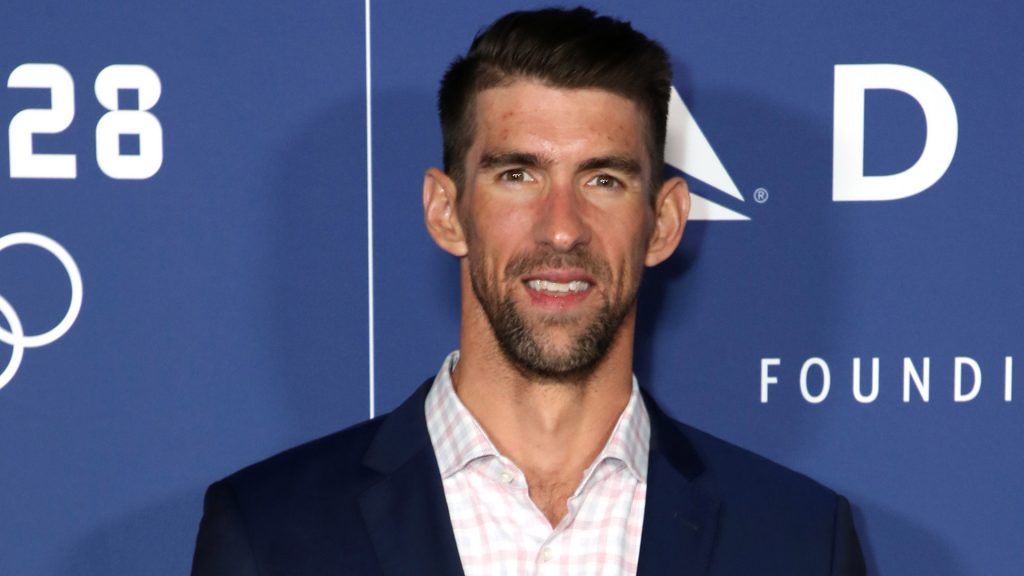
Diagnosed with ADHD at age 9, Phelps found that swimming was a great match for him, and his mother encouraged his interest. Twenty-eight Olympic medals later, Phelps is the most successful Olympian of all time.
Paul Orfalea
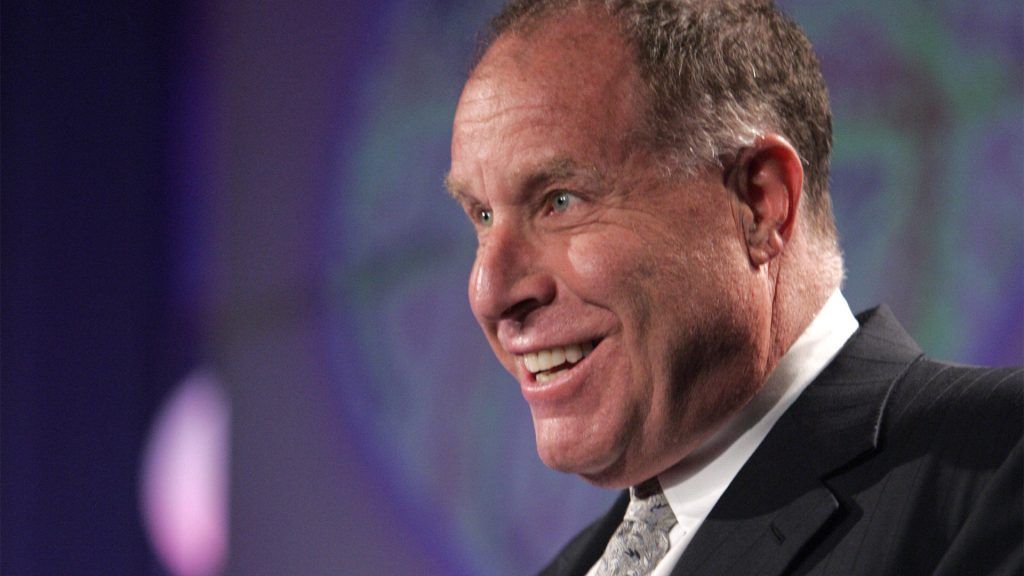
Founder and CEO of Kinko’s, Orfalea’s ADHD and dyslexia went undiagnosed for a long period of time. He’s shared that he doesn’t like to use the terms “learning disabilities” or “learning disorders.” He uses the phrase “learning opportunities,” which he describes as the “chance to learn new and different strategies for success.”
Clearly, ADHD affects everyone differently.
While the celebrities featured here are inspirational, millions of “average people” are doing their best to be accepted.
There are lots of ways to support people with ADHD. Listening to someone’s personal story can be a great first step. Everyone is unique, and so is their diagnosis.
Receiving a diagnosis of any kind may leave you needing guidance. Folks managing a condition may feel more validated and hopeful when they know that someone else who is successful and well loved has the same condition.
Keep in mind that fandom can go too far when we exalt public figures to the height of perfection.
During a recent Healthline Media Town Hall event, singer-songwriter, producer, actress, author, and poet Jewel explained that while these public figures can be role models, remember: They are fallible and human, just like everyone else.
ADHD is a condition that’s often stigmatized for its “fleeting focus” and “energetic” symptoms.
But as more high-profile politicians, Grammy winners, Olympic champions, and beloved actors discuss their diagnoses in public, we can see that ADHD includes a hyperfocus that can be channeled as an asset.
By identifying with many public figures’ recounts of childhood academic struggles, feelings of relief after receiving their diagnosis, and even late-onset ADHD, many everyday people can be emboldened to accept their own journey with ADHD.
Though we don’t expect celebs to be the model champions for mental health 24/7, their candidness can humanize them and remind folks that mental health disorders are irrespective of the person — the conditions can be managed and don’t have to define us.
